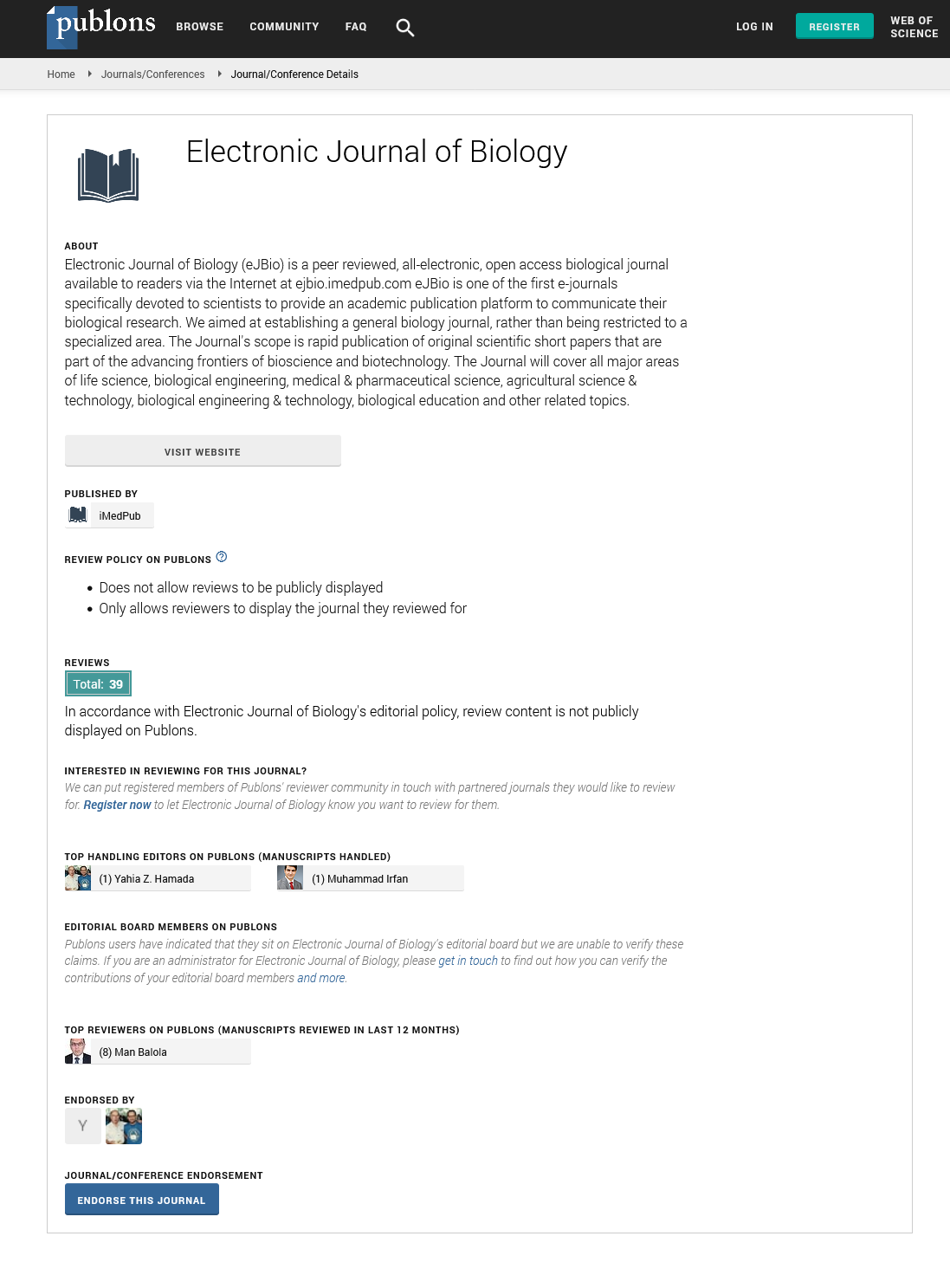Abstract
In vitro Antibacterial Activity and Stability of Garlic Extract at Different pH and Temperature
The antibacterial effects of aqueous garlic extract (AGE) against 17 multidrug-resistant gram-positive and gram-negative bacterial isolates, including Staphylococcus aureus, Salmonella typhi, Pseudomonas aeruginosa, Escherichia coli, and Proteus spp., were studied. Antibacterial activity of different concentrations of AGE by well-diffusion method was characterized by inhibition zones of 15 Gram-positives and two Gram-negative pathogenic bacteria. The maximum zone of inhibition was observed in Bacillus subtilis and the minimum was observed for Proteus sp. The minimum inhibitory concentration (MIC) was in the ranges of 6–11 mg/mL and 7–21 mg/mL, in Gram-positive and Gram-negative organisms respectively. The MIC values at 24 and 48 hours were not significant in the tested isolates. Further analysis revealed the antimicrobial efficacy of AGE is time and temperature dependent. Antibacterial efficacy of AGE maintained at room temperature was for maximum 7 days. At -20? temperature the activity was maintained for 90 days. In summary, the AGE showed a wide spectrum activity and appears to satisfy all of the criteria for antibacterial agents. These results suggest that garlic can be used to protect food and consumers from the risk of contamination from pathogenic microorganisms.
Author(s): Srinivasan Durairaj, Sangeetha Srinivasan, P. Lakshmanaperumalsamy
Abstract | PDF
Share this

Google scholar citation report
Citations : 5001
Electronic Journal of Biology received 5001 citations as per google scholar report
Electronic Journal of Biology peer review process verified at publons
Abstracted/Indexed in
- Google Scholar
- China National Knowledge Infrastructure (CNKI)
- CiteFactor
- Electronic Journals Library
- Zoological Records
- WorldCat
- Proquest Summons
- Publons
- MIAR
- Openaccessarticles.com
- Secret Search Engine Labs
Open Access Journals
- Aquaculture & Veterinary Science
- Chemistry & Chemical Sciences
- Clinical Sciences
- Engineering
- General Science
- Genetics & Molecular Biology
- Health Care & Nursing
- Immunology & Microbiology
- Materials Science
- Mathematics & Physics
- Medical Sciences
- Neurology & Psychiatry
- Oncology & Cancer Science
- Pharmaceutical Sciences


